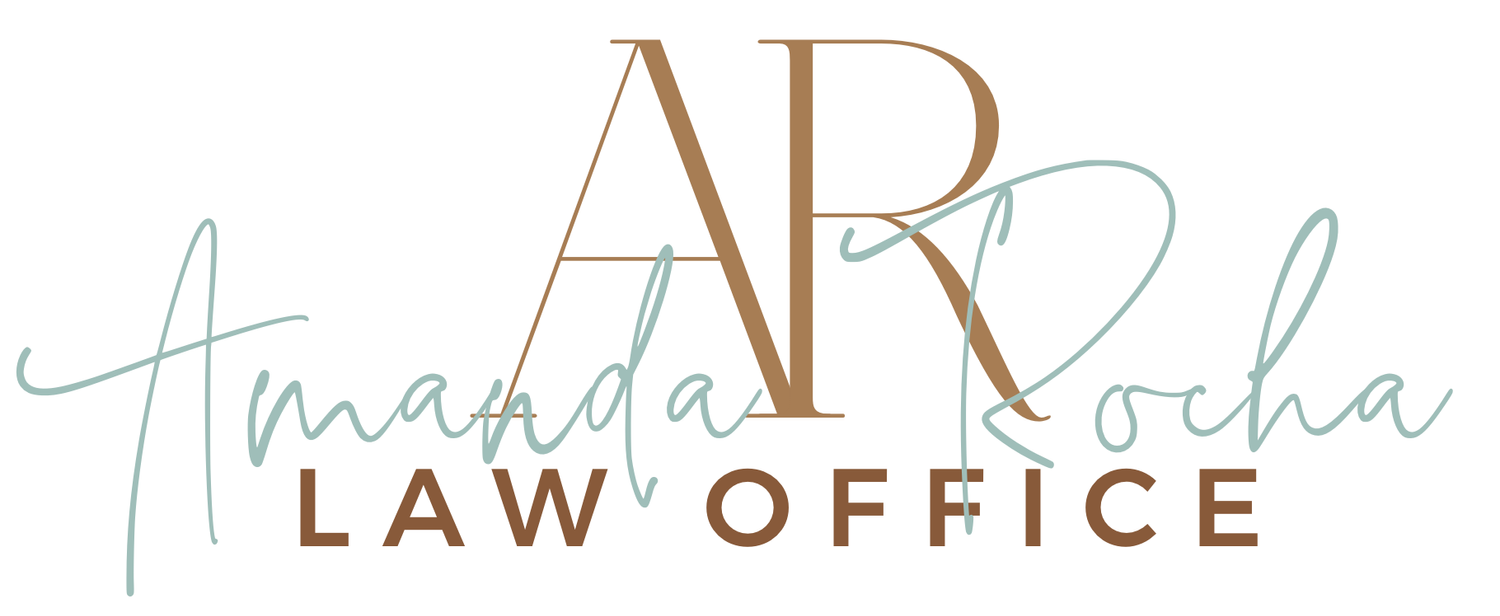Life Estates: A Gift for the Duration of Another’s Life
A common way to approach estate planning is to think about who you leave your belongings to when you pass. There is so much more to it than that! For example, one thing that can be done is to leave real estate to someone for their use and enjoyment during their lifetime and then to someone else or a group of people afterward. This is called a creating a life estate.
Most commonly, a life estate is used in real estate matters. Let’s say you own a home that was purchased before you were married to your current spouse. You want your spouse to live there after you pass and then for it to go to your children that you had before marriage. In that case, you would leave that home as a life estate for your spouse and then to your children afterward.
It may be a good idea to convey real estate to your beneficiaries during your lifetime in order to avoid probate and to give yourself a life estate.
Life Estate Restrictions
A person who has a life estate is known as the life tenant and the person or persons who will receive the property afterward are the remaindermen. A life tenant has certain rules they must follow while in possession of the property. For example, it is not theirs to sell without permission from the remaindermen and/or settlor (person who created the life estate). They may not alter the property in a way that will change in without express permission of the remaindermen. They must upkeep it in order to keep the value of the property as much as is practicable. Other requirements may be added in the deed as well. For example, you may want to leave property to your sibling for life, so long as they intend to use it to grow crops. If they choose not to do so, then the property will go directly to the remaindermen.
If you have property that you would like to leave for someone to use during their lifetime, or during your own lifetime, contact me for a FREE 30 minute consultation and we can discuss your best options.
